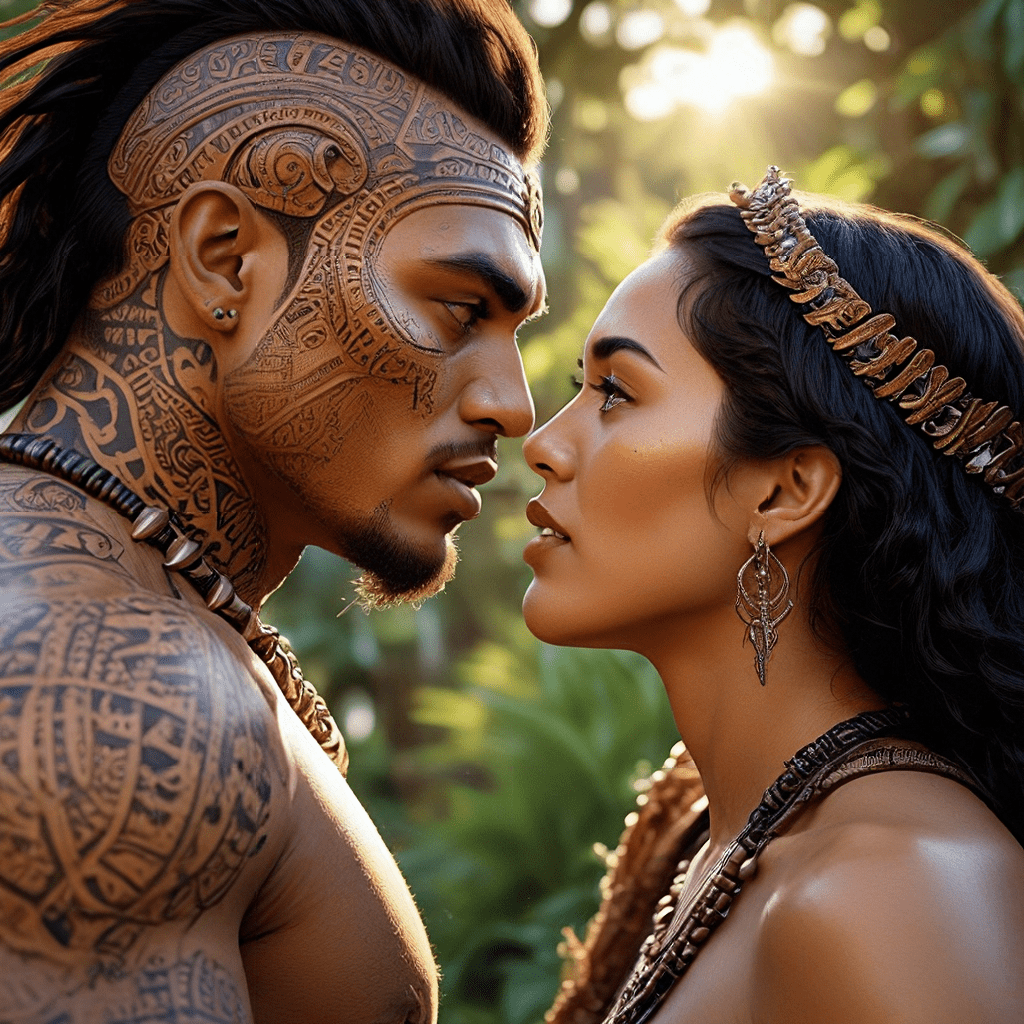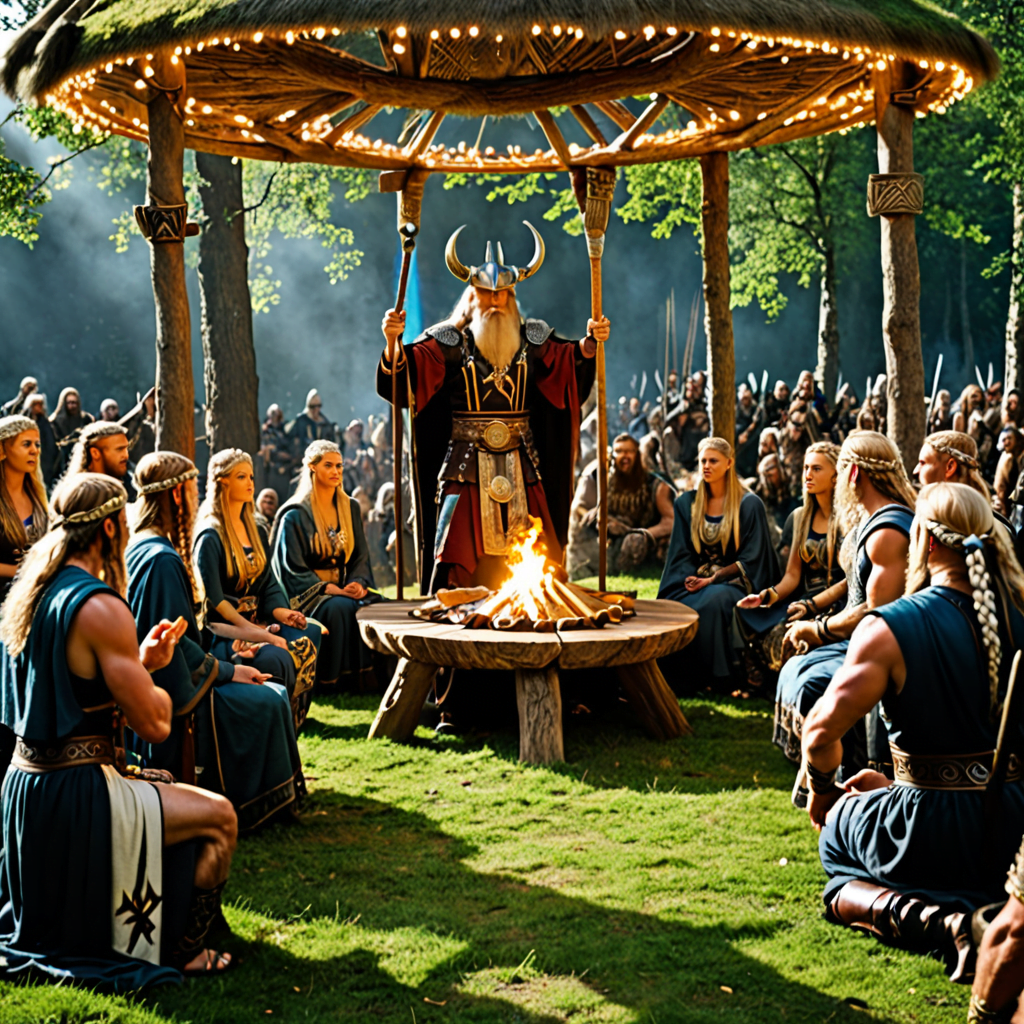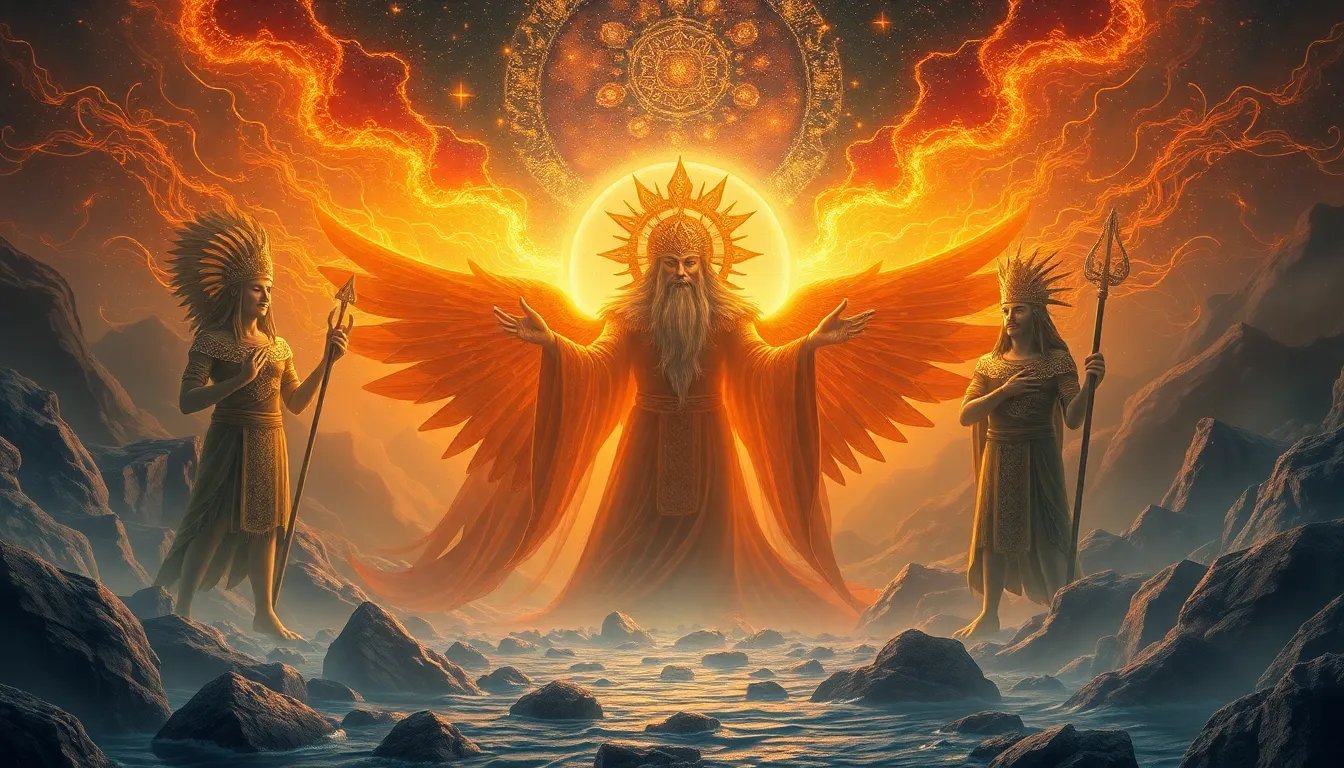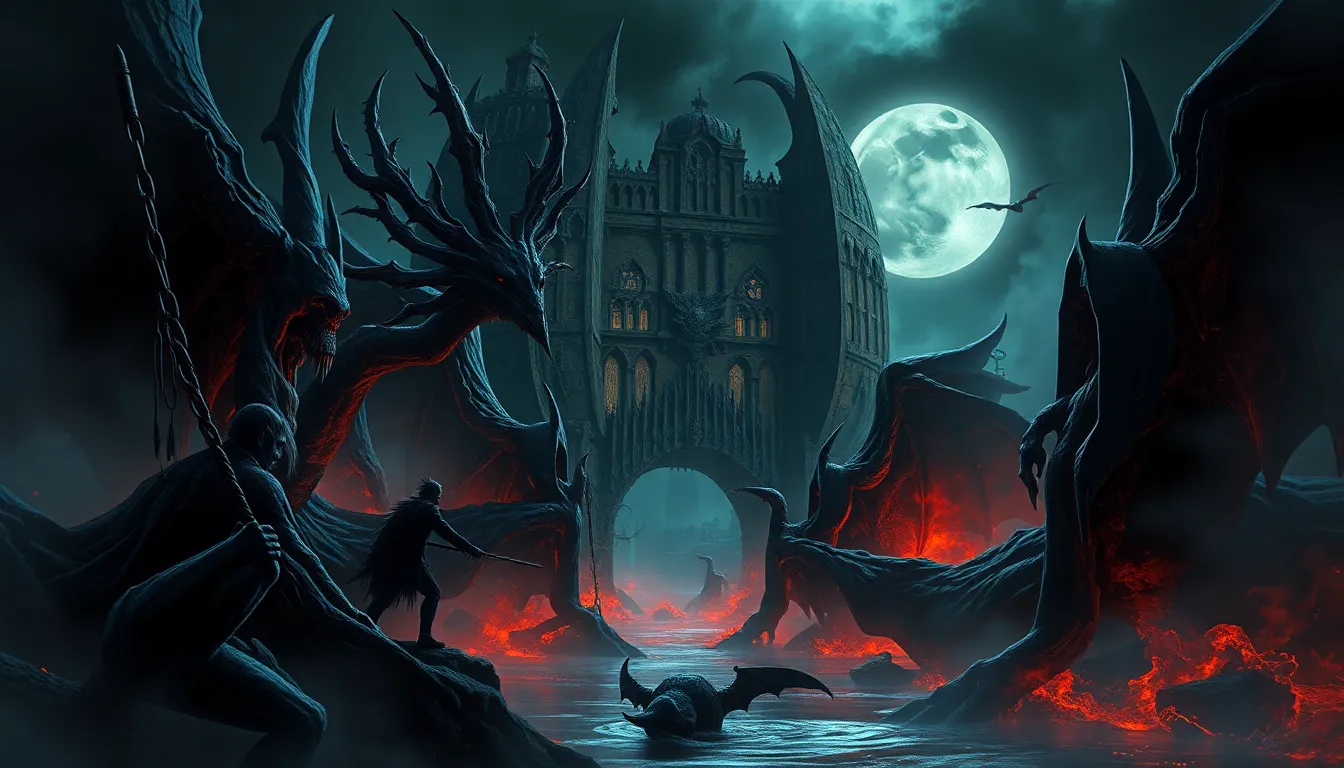Maori Mythology’s Tales of Forbidden Love and Sacrifice
Maori mythology, a rich tapestry of tales woven from ancient beliefs and traditions, offers a fascinating exploration of humanity's deepest desires and fears. Within this world of gods, spirits, and humans, love, sacrifice, and the consequences of defying the natural order take center stage, forming the heart of many captivating stories.
The Tapestry of Maori Mythology: A World of Gods, Spirits, and Humans
Maori mythology, deeply rooted in the traditions of the Māori people of New Zealand, presents a vibrant cosmology where gods, spirits, and humans interact in a complex and dynamic way. These myths offer a window into the Māori worldview, explaining everything from the creation of the world to the nature of life and death. The stories are often filled with powerful imagery, mythical creatures, and a deep respect for the natural world.
Within this intricate web of beliefs, the concept of mana plays a significant role. Mana is a powerful spiritual force, representing both authority and influence. It can be possessed by individuals, objects, or even places. In Maori mythology, deities and ancestral figures hold significant mana, and this power often plays a pivotal role in stories of forbidden love and sacrifice.
Forbidden Love: A Recurring Theme in Maori Myths
Forbidden love, a timeless theme in mythology and literature worldwide, takes on a unique dimension within Maori mythology. The stories often explore the consequences of love that crosses boundaries, whether those boundaries are set by divine decree or societal norms. These transgressions often involve love between beings of different realms, or between individuals who are considered unsuitable partners.
The stories of forbidden love often reflect the Maori understanding of the interconnectedness of all things. Love that defies established order can disrupt the balance of the universe, leading to a range of consequences that may affect not only the individual lovers but also their communities and even the natural world itself.
Consequences of Forbidden Love: Sacrifice as a Price for Transgression
A recurring motif in Maori myths is the idea of sacrifice as a price for transgression. When characters defy the gods or societal norms, they often face consequences that necessitate sacrifice. The sacrifice may take many forms, ranging from the loss of loved ones to the ultimate sacrifice of one's own life. These sacrifices are often seen as a way to restore balance or appease the gods, atoning for the characters’ actions and preventing further consequences.
The theme of sacrifice underscores the importance of social harmony and the consequences of disrupting the natural order. It reflects the Maori belief that actions have consequences and that maintaining equilibrium is essential for the well-being of the community and the universe.
The Story of Hine-nui-te-pō and Tane: A Divine Love Forbidden by the Gods
One of the most famous tales of forbidden love in Maori mythology is the story of Hine-nui-te-pō, the goddess of night, and Tane, the god of forests and birds. Their love was forbidden by the other gods, who feared the consequences of their union. Hine-nui-te-pō was destined to become the wife of the god of the underworld, but she longed for Tane.
Despite the warnings, Tane and Hine-nui-te-pō secretly met, and their love blossomed. But their transgression did not go unnoticed. The other gods, fearing the disruption of the cosmos, intervened, separating the lovers forever. Their story serves as a powerful parable illustrating the consequences of defying divine law and the enduring power of love, even in the face of insurmountable obstacles.
The Sacrifice of Rongomai: A Father’s Love and a Daughter’s Fate
Another compelling tale of forbidden love and sacrifice in Maori mythology involves Rongomai, the daughter of the powerful god Tāne. Rongomai fell in love with a mortal man, a transgression that angered her father. Tāne, fearing the consequences of his daughter's actions, demanded a sacrifice to appease the gods and restore balance.
To save his daughter from punishment, Rongomai's father, Tāne, offered himself as a sacrifice. However, the gods rejected his offer, deeming it insufficient. In a desperate act of love and redemption, Rongomai volunteered to sacrifice herself. She climbed to the top of a mountain, where she transformed into a magnificent, white-feathered bird. This sacrifice, although tragic, restored harmony to the universe and ensured the well-being of the people.
Exploring Themes of Sacrifice: Redemption, Honour, and Family Duty
The sacrifice of Rongomai illustrates several important themes prevalent in Maori mythology. It underscores the concept of whanau, which refers to the importance of family and community in Maori culture. Rongomai's actions demonstrate the strength of familial bonds and the lengths to which individuals will go to protect their loved ones.
The story also emphasizes the value of sacrifice as a means of redemption. Rongomai's sacrifice atoned for her transgression and restored harmony to the universe. This act of selflessness reflects the Maori belief that even the most serious offenses can be forgiven through sincere atonement.
Furthermore, the story highlights the importance of honour in Maori society. Rongomai's willingness to sacrifice herself for the sake of her family and her community speaks to the deeply held values of honour and integrity that are central to Maori culture.
The Role of Mana in Maori Mythology and its Connection to Forbidden Love
Mana, as previously mentioned, is a central concept in Maori mythology. It represents the spiritual force that infuses individuals, objects, and places, conferring authority and influence. In stories of forbidden love, mana often plays a pivotal role, influencing both the choices individuals make and the consequences they face.
For example, in the story of Hine-nui-te-pō and Tane, their love is forbidden due to the immense mana possessed by the gods, who fear the disruption that their union might bring. The gods’ power and authority, symbolized by their mana, create an insurmountable barrier between the lovers.
Similarly, in the story of Rongomai, her father's high mana as a god is insufficient to appease the gods for her transgression. This demonstrates the power of mana, not only to bestow authority but also to create strict boundaries and enforce consequences for those who dare to cross them.
Modern Interpretations of Maori Mythology: Love, Sacrifice, and Contemporary Relevance
Maori mythology continues to resonate with people today, offering valuable insights into human nature and the complexities of love, sacrifice, and the consequences of our actions. These timeless themes hold relevance to modern audiences, prompting reflection on the enduring power of love, the importance of family and community, and the consequences of our choices.
Modern interpretations of Maori mythology often explore these themes in new and innovative ways, reflecting contemporary issues and perspectives. These interpretations highlight the enduring power of traditional stories and their ability to connect with audiences across cultures and generations.
FAQ
Q: What is the significance of forbidden love in Maori mythology?
A: Forbidden love is a recurring theme in Maori mythology, signifying the interconnectedness of all things and the consequences of disrupting the natural order. These stories often illustrate the power of love, even when it violates societal norms or divine decrees.
Q: How does the concept of mana affect stories of forbidden love?
A: Mana, a powerful spiritual force, often plays a significant role in stories of forbidden love. It can create barriers between lovers, dictate the consequences of their actions, and influence the choices they make.
Q: What is the relevance of Maori mythology to contemporary audiences?
A: Maori mythology offers timeless insights into human nature, exploring themes of love, sacrifice, and the consequences of our actions. These stories continue to resonate with modern audiences, reflecting the enduring power of tradition and the importance of family, community, and honor.



